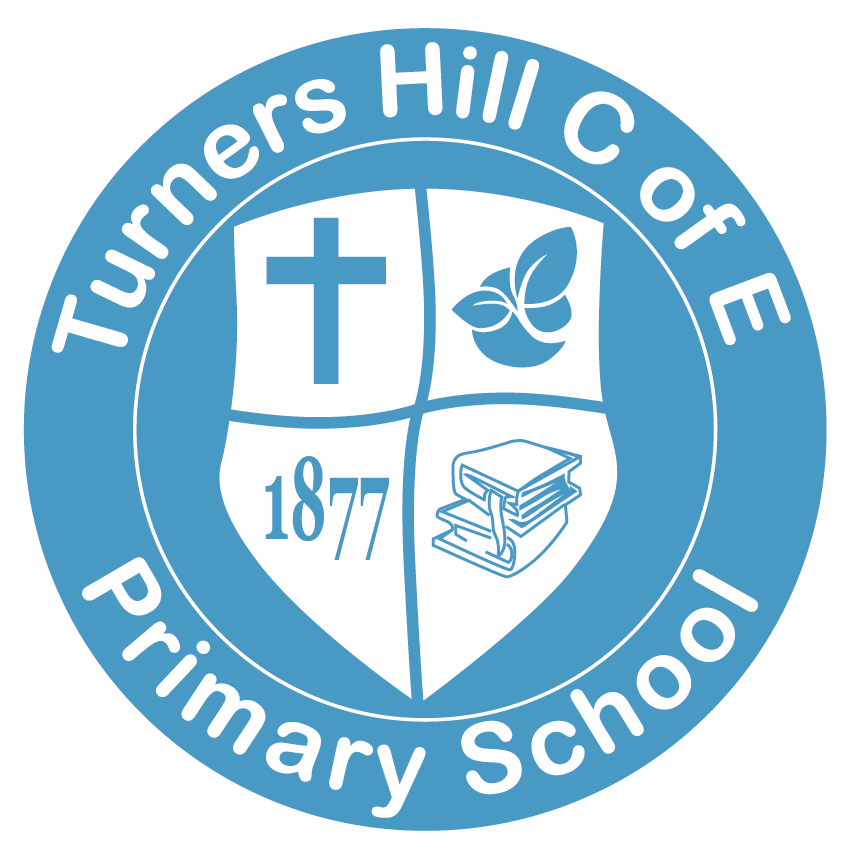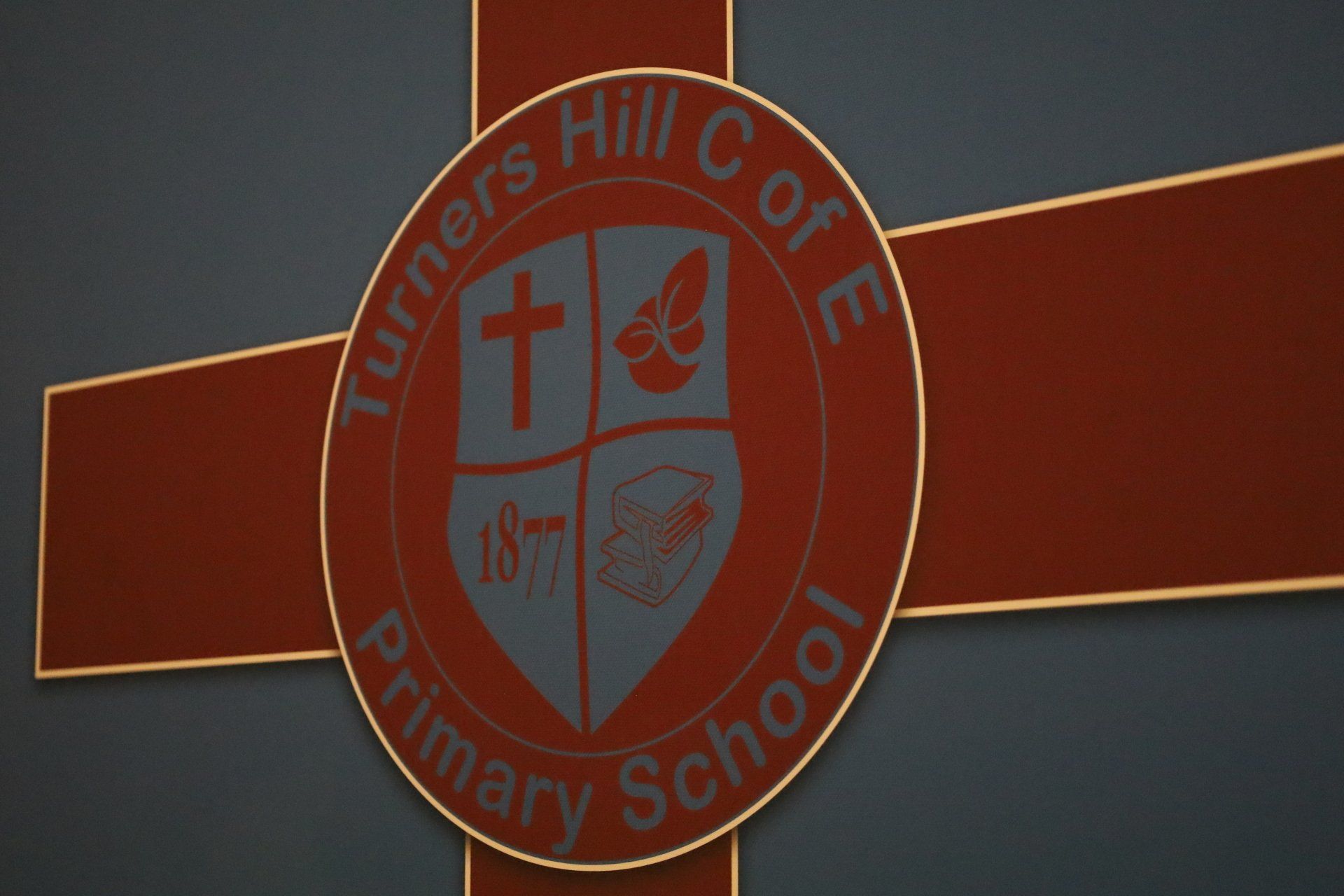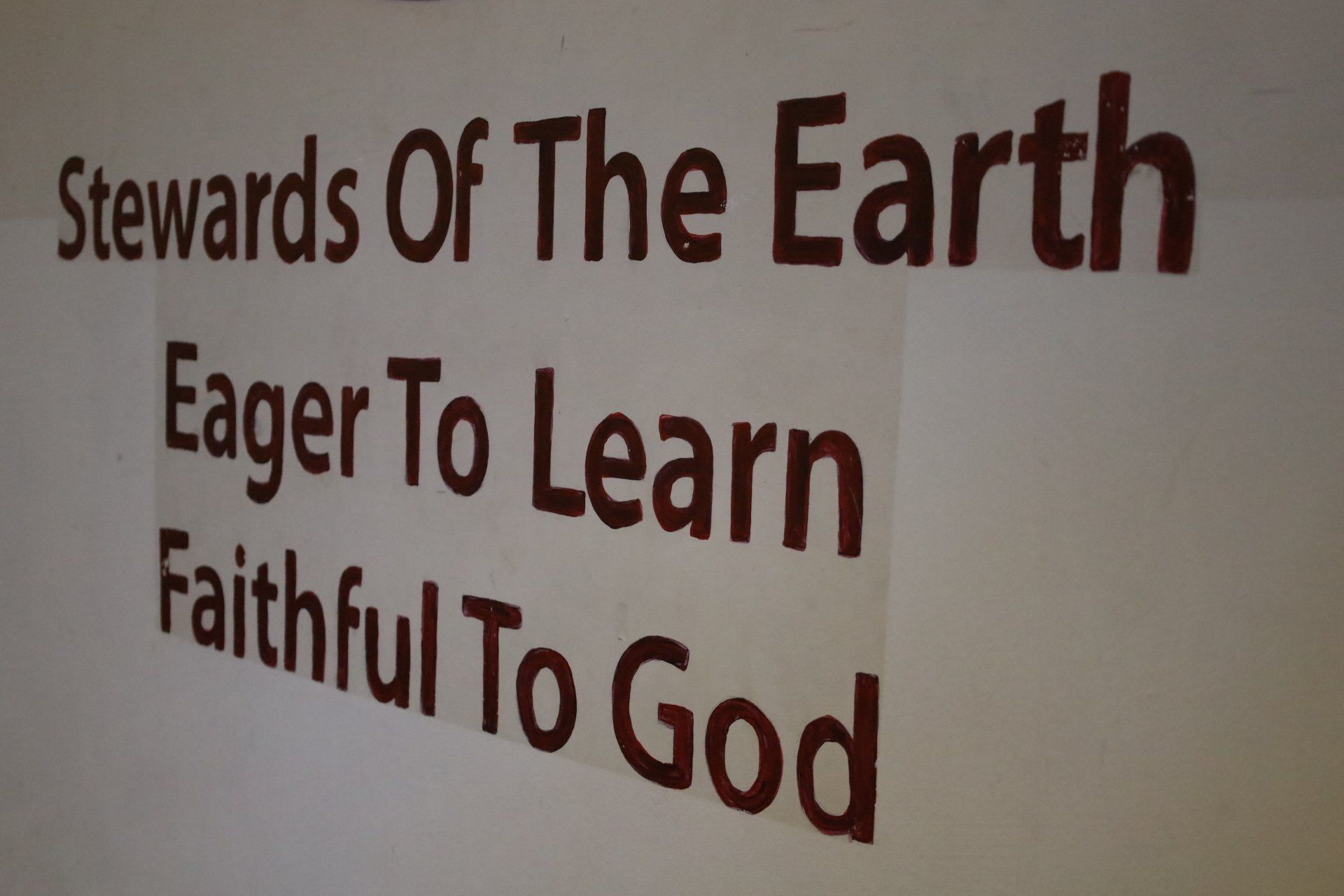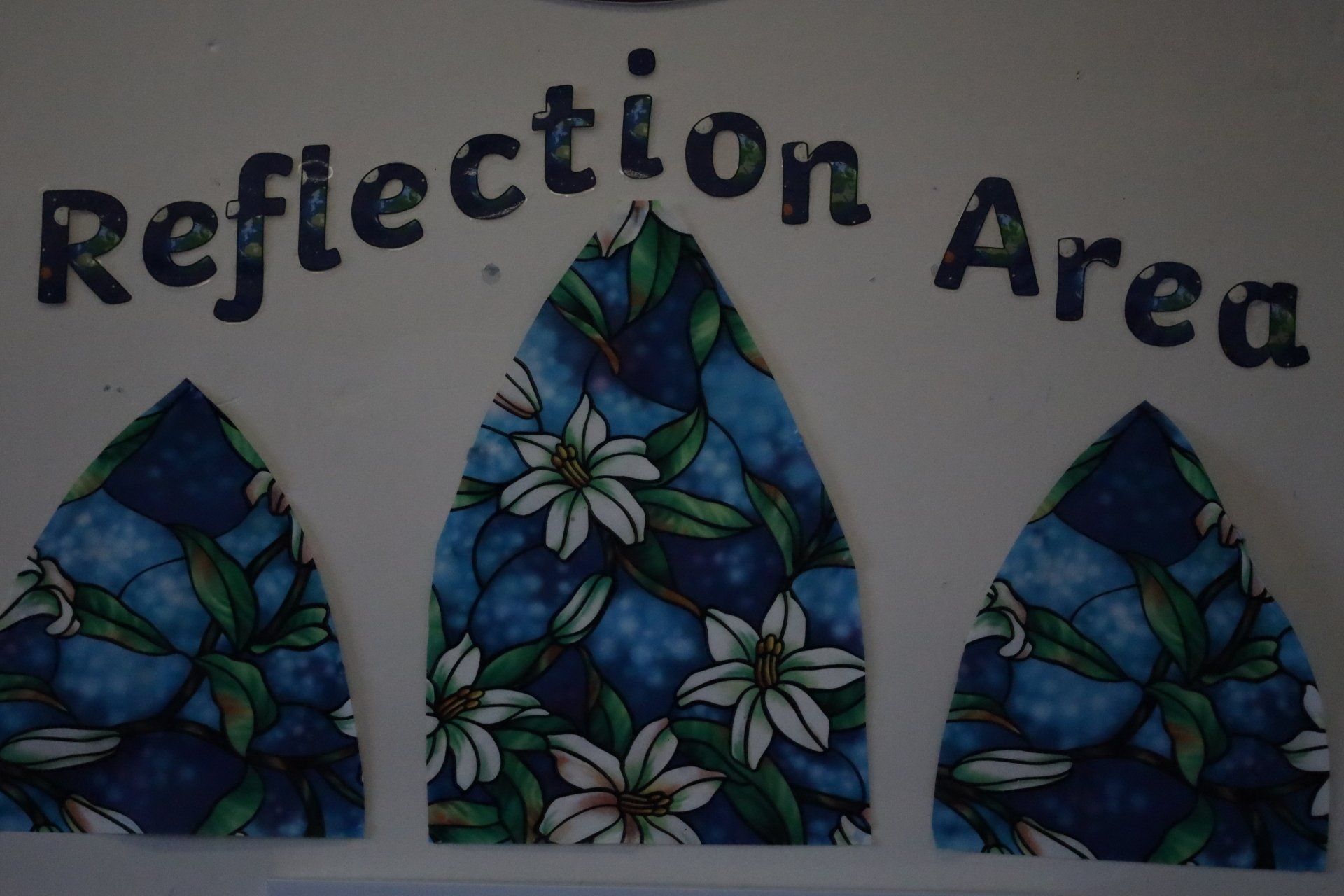
Slide title
RE
ButtonSlide title
RE
ButtonSlide title
Write your caption hereButton
RE at Turners Hill C of E Primary School is intended to reflect and explore religions, faiths and World Views giving our children the space to understand how people worship and live out their values. We want our curriculum to provoke challenging questions about meaning and purpose in life, beliefs about God, ultimate reality, issues of right and wrong and what it means to be human. Our pupils learn about and from religions and world views whilst developing their ideas, values, and identities. We strive for them to be able to clearly and coherently articulate their personal beliefs, ideas, values, and experiences while respecting the right of others to differ. We aim for RE lessons to offer a structured and safe space for reflection, discussion, dialogue, and debate.
Implementation
RE is taught weekly as a discrete subject, mainly taking the form of weekly lessons but is sometimes blocked into whole morning or afternoon sessions. Key Stage 1 and EYFS have a minimum of 36 hours a year and Key Stage 2 have 45 hours. At least once a year, we have RE days in which a very immersive, creative, hands on, whole school approach is taken to an aspect of RE.
We deliver the West Sussex Agreed Syllabus 2020 through two main resources. We use Understanding Christianity and The Emmanuel Project to deliver the majority of our RE curriculum and each year the final unit covered explores a ‘Big Question’, which will involve a comparison between religious beliefs and worldviews. We are members of NATRE and use their supporting materials. Understanding Christianity, focuses on three aspects of Christianity: Exploring the text, looking at the impact of the text for individuals and communities and reflecting on what has been learned and making connections. The other main scheme of work is the Emmanuel project; we use this to learn about other religions and worldviews.
There is a two year cycle of topic areas with progression planned in so that when the topic area is revisited it is on a deeper level. The curriculum progresses with increasing levels of subject knowledge and knowledge built in. As a church school, 50% of our RE curriculum is Christianity and Christianity is taught and explored as a world view (not just as a CofE view). In Key Stage 1, children develop an understanding of Christianity, which they deepen as they progress through Key Stage 2. The Understanding Christianity part of the syllabus works on a spiral curriculum, building knowledge and skills over the course of their time with us. The strands of RE learning comprise several themes:
- God
- Creation
- Fall
- People of God
- Incarnation
- Gospel
- Salvation
- Kingdom of God.
Pupils explore the life, teaching, death and resurrection of Jesus, within this wider historical and theological context. Planned progression built into the RE curriculum means that the children are increasingly challenged as they move through the school, building upon their knowledge of these areas.
The other 50% of the curriculum explores other religions and worldviews including Judaism, Islam, Hinduism, Sikhism, Buddhism and humanism (the latter 4 just in KS2). Throughout our RE teaching, the children are given the opportunity to develop their substantive knowledge and deepen their disciplinary knowledge. As they journey through the school they will become theologians, sociologists and philosophers, with each unit of work beginning with a question and allowing them to explore, examine, explain and express their understanding, opinions and observations of how other people live out their beliefs. Children are offered opportunities to compare religions, looking for commonalities and themes that link them, as well as finding differences. Children are encouraged to reflect on their own responses to what they have learned about, to ask and answer their own questions and to have ownership of some of the lines of inquiry we investigate. They can share their own beliefs, values and views in a mutually respectful manner.
Progress in RE can be characterised by:
- Acquiring wider and more detailed knowledge of religious beliefs and practices
- Deepening understanding of the meaning of stories, symbols, events and practices
- More fluent and competent use of religious language and terminology
- Increased levels in skills of responding to questions of identity, meaning, purpose, values and commitment.
Knowledge Organisers are used for every unit of work to identify prior learning, objectives for the unit, key questions and for assessment.
Impact
Teachers assess children’s work in RE by making informal judgements as they observe them during lessons and through evidence in children’s books. Children are encouraged to self, peer and group assess work in a positive way. As part of our assessment for learning process, children will receive verbal and written feedback in order to aid progress in the subject. Summative and formative assessment is undertaken during each unit to assess substantive and disciplinary knowledge . Monitoring takes place through learning walks, observations, pupil voice, teacher voice, the use of external specialists and reflective teacher feedback. Progress is reported to parents at the end of the year.
Downloads
-
KS1 Reading Incentives Write a description for this list item and include information that will interest site visitors. For example, you may want to describe a team member's experience, what makes a product special, or a unique service that you offer.
KS1 Reading Incentives List Item 2 -
KS2 Reading Incentives Write a description for this list item and include information that will interest site visitors. For example, you may want to describe a team member's experience, what makes a product special, or a unique service that you offer.
KS2 Reading Incentives -
Progression Nursery to Year 6 Write a description for this list item and include information that will interest site visitors. For example, you may want to describe a team member's experience, what makes a product special, or a unique service that you offer.
Progression Nursery to Year 6
Contact Info
01342 715412
office@turnershillschool.org.uk
Church Road, Turners Hill Crawley RH10 4PA United Kingdom
Term Dates
-
Autumn Term 2024Item Link List Item 1
Starts: Monday 2nd September
Half term: Monday 28th October - Friday 1st November
Ends: Friday 20th December
INSET days: Monday 2nd September, Friday 4th October
-
Spring Term 2025Item Link List Item 2
Starts: Monday 6th January
Half term: Monday 17th February - Friday 21st February
Ends: Friday 4th April
-
Summer Term 2025Item Link
Starts: Tuesday 22nd April
Half term: Monday 26th May - Friday 30th May (including Bank Holiday)
Ends: Tuesday 22nd July
INSET Days: Monday 2nd June, Monday 21st July, Tuesday 22nd July
Turners Hill CofE School is committed to safeguarding and promoting the welfare of children and young people and expects all staff and volunteers to share this commitment.
As each has received a gift, use it to serve, as good stewards of God's love. 1 Peter 4:10


